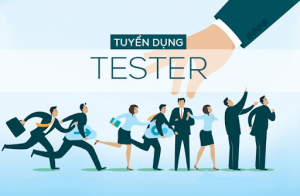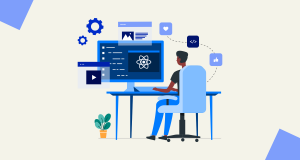Software outsourcing has long been a strategic approach for businesses looking to optimize their resources, reduce costs, and access specialized expertise. As we move into 2024, the landscape of outsourcing software development is evolving, with new trends emerging that can significantly benefit businesses. This article explores key trends in outsourcing software development for 2024, highlighting how these trends can enhance project outcomes and drive business growth.
1. Increased Adoption of Agile and DevOps
Agile and DevOps methodologies have become increasingly popular in the software development industry due to their ability to enhance collaboration, flexibility, and efficiency. Agile focuses on iterative development, allowing teams to deliver incremental improvements and respond quickly to changing requirements. DevOps, on the other hand, emphasizes the integration of development and operations teams, fostering a culture of continuous integration and continuous delivery (CI/CD).
In 2024, we can expect to see a growing number of outsourcing firms adopting Agile and DevOps practices. This shift will enable businesses to benefit from faster development cycles, improved quality, and greater client satisfaction. By partnering with outsourcing companies that utilize these methodologies, businesses can ensure their software projects are delivered on time and meet the highest standards of quality.

2. Outsourcing Software Development: Emphasis on Cybersecurity
As the digital landscape becomes more complex and cyber threats continue to evolve, cybersecurity has become a top priority in software development. Outsourcing companies are increasingly investing in robust security measures to protect their clients’ sensitive data and intellectual property.
In 2024, businesses can expect their outsourcing partners to implement advanced security protocols, such as encryption, multi-factor authentication, and regular security audits. By choosing outsourcing firms with strong cybersecurity practices, businesses can mitigate risks and ensure the integrity of their software applications. This emphasis on cybersecurity not only safeguards data but also enhances the overall trust and confidence between businesses and their outsourcing partners.

3. AI and Machine Learning Integration
Artificial intelligence (AI) and machine learning (ML) are transforming the software development landscape by enabling the creation of intelligent and adaptive applications. Outsourcing companies are increasingly leveraging AI and ML technologies to enhance their service offerings and deliver innovative solutions.
In 2024, we will see a rise in the integration of AI and ML in software development projects. Outsourcing firms will use these technologies to automate repetitive tasks, improve predictive analytics, and enhance decision-making processes. For businesses, this means access to cutting-edge solutions that can drive efficiency, reduce costs, and provide a competitive edge. By partnering with outsourcing companies proficient in AI and ML, businesses can harness the power of these technologies to achieve their strategic goals.

4. Focus on Quality and User Experience
The demand for high-quality software and exceptional user experience (UX) continues to grow. In 2024, outsourcing companies will place a greater emphasis on quality assurance (QA) and UX design to meet these expectations.
Outsourcing firms will adopt rigorous QA processes, including automated testing and continuous monitoring, to ensure the delivery of bug-free and reliable software. Additionally, they will invest in UX design to create intuitive and engaging user interfaces that enhance customer satisfaction and retention.
For businesses, prioritizing quality and user experience through outsourcing means delivering products that meet or exceed user expectations. This focus on quality and UX not only improves the overall customer experience but also strengthens the brand reputation and drives business success.
Conclusion
As we look ahead to 2024, the trends in outsourcing software development are set to shape the industry and offer significant benefits to businesses. Increased adoption of Agile and DevOps, emphasis on cybersecurity, integration of AI and machine learning, and focus on quality and user experience are key trends that will drive the future of software outsourcing.
By leveraging these trends, businesses can optimize their software development processes, enhance project outcomes, and achieve their strategic objectives. The future of software outsourcing is bright, and businesses that embrace these trends will be well-positioned for success in the digital age.













